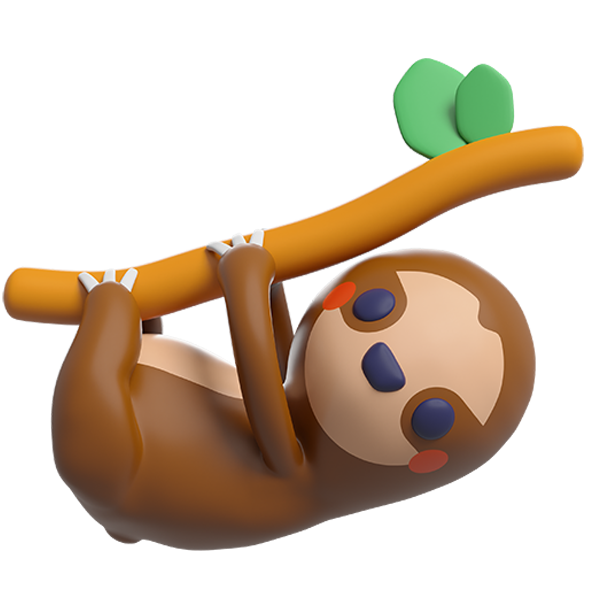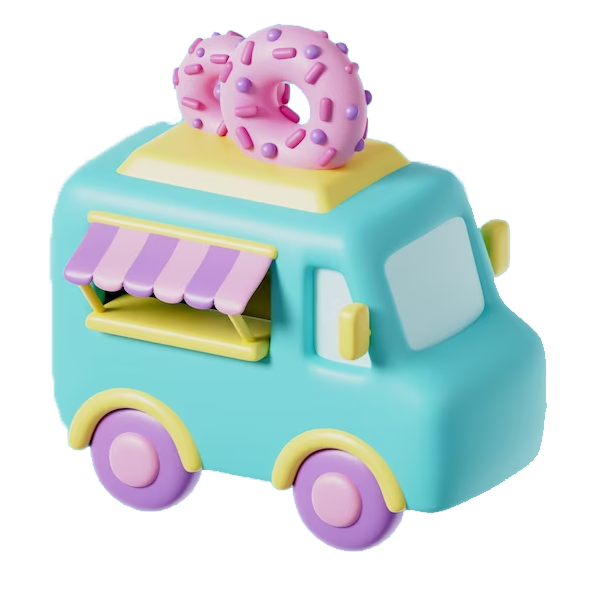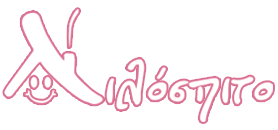
Methods and Ways of Teaching
Methods and Ways of Teaching
Project Method
The Project method is an open learning process, without strictly defined boundaries, which evolves according to the interests of the children. As stated in the kindergarten curriculum, these are explorations of issues that emerge from the children themselves, which, with the support of the teacher, determine their development. Organising a small research or study, usually starting from the children’s interests, involves collecting information from various sources, sorting and analysing it and finally presenting the conclusions to others. By researching a topic in depth, children’s critical thinking is cultivated. When children work in small groups they investigate, apply knowledge and skills, and make decisions. Their interest is fully focused and in this way they create their own connections with what surrounds them, coming to their own conclusions and within a context that is meaningful to them, so knowledge becomes experiential.

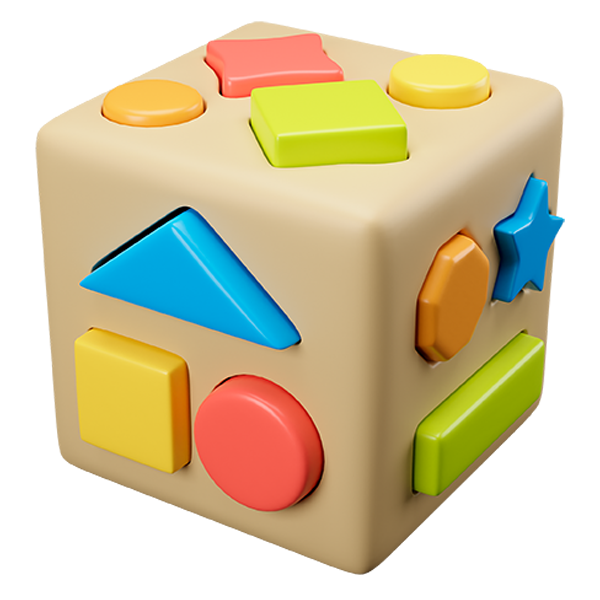
Teamwork
This method is based on the creation of small working groups and has significant advantages, as it favours the active participation and free expression of all children, cultivates communication and cooperative skills, while it enables each child to take on a role according to his/her abilities, which enhances his/her self-esteem. For group work to be effective, the teacher should foster a climate of mutual trust, empower children, guide them and coordinate the work of each group.
Sensory Play
In this context, children freely explore materials and experiment in a safe environment guided by their five senses, satisfying their curiosity and drive, while developing their imagination and creativity to the maximum. Colours, smells, sounds, textures are each time a reason to start the multifaceted journey through sensory play. Therefore, in an experiential way, children cultivate emotional, cognitive, sensory, social, movement and speech skills.
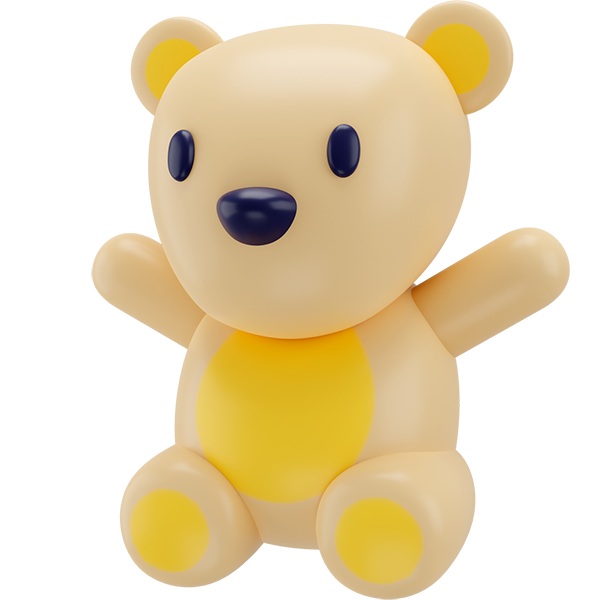

Child-centred learning
Based on the principle that children learn by playing and having the children themselves, their questions, their needs and their interests at the centre of the educational process, we formulate a daily educational programme that helps children to discover the world around them, to understand it through play and to learn how to learn. Particularly in the field of pre-school education, play can become an important means of learning and teaching. We enrich children’s learning with games that create the right conditions for two-way communication and interaction. Learning is approached entirely through play in all its manifestations. Symbolic, mimetic, theatrical, musical and kinesthetic, construction, rule play, etc. are part of the daily programme.
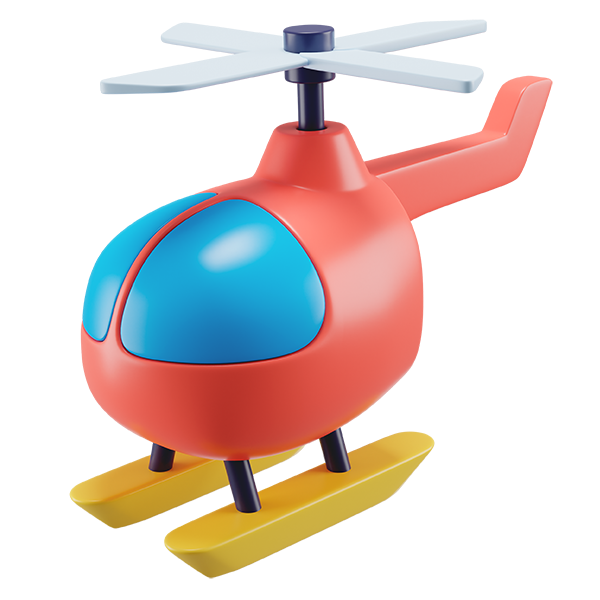

Interdisciplinary Approach
With the interdisciplinary approach, various learning objects are integrated according to the subject of teaching, so that learning is integrated and experiential. Through this learning process, the child realises his/her true potential (self-realisation) and develops his/her personality.
Outdoor Learning
Children should have frequent direct contact with nature and the environment. In our educational programme, children observe and learn about the elements of nature, flora and fauna. They plant plants and vegetables in our garden box and explore the natural environment with educational field trips outside of school.

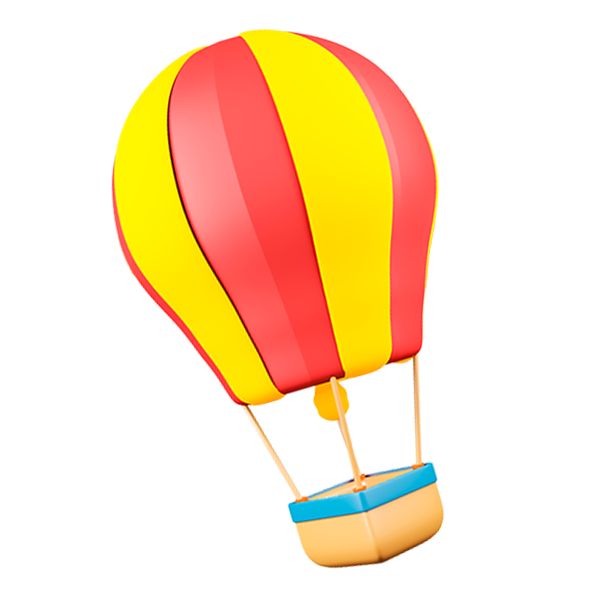
Experiential Learning
Experiential learning is a different way of education that goes beyond desks, textbooks and notebooks, teacher-centred teaching. Its aim is to bring the student in direct contact with the learning object, through research, observation, interviews, role-playing. According to the kindergarten curriculum, the experiential method seeks the active participation of children in learning, considering the emotional reactions and questions of the children, which are freely discussed in the classroom. In addition, children work in groups, communicate their experiences, process their reactions together, set their own goals, express themselves and create. Finally, children learn to reflect and question their experience and develop the capacity for critical reflection.
